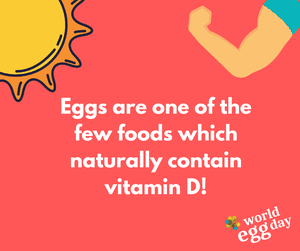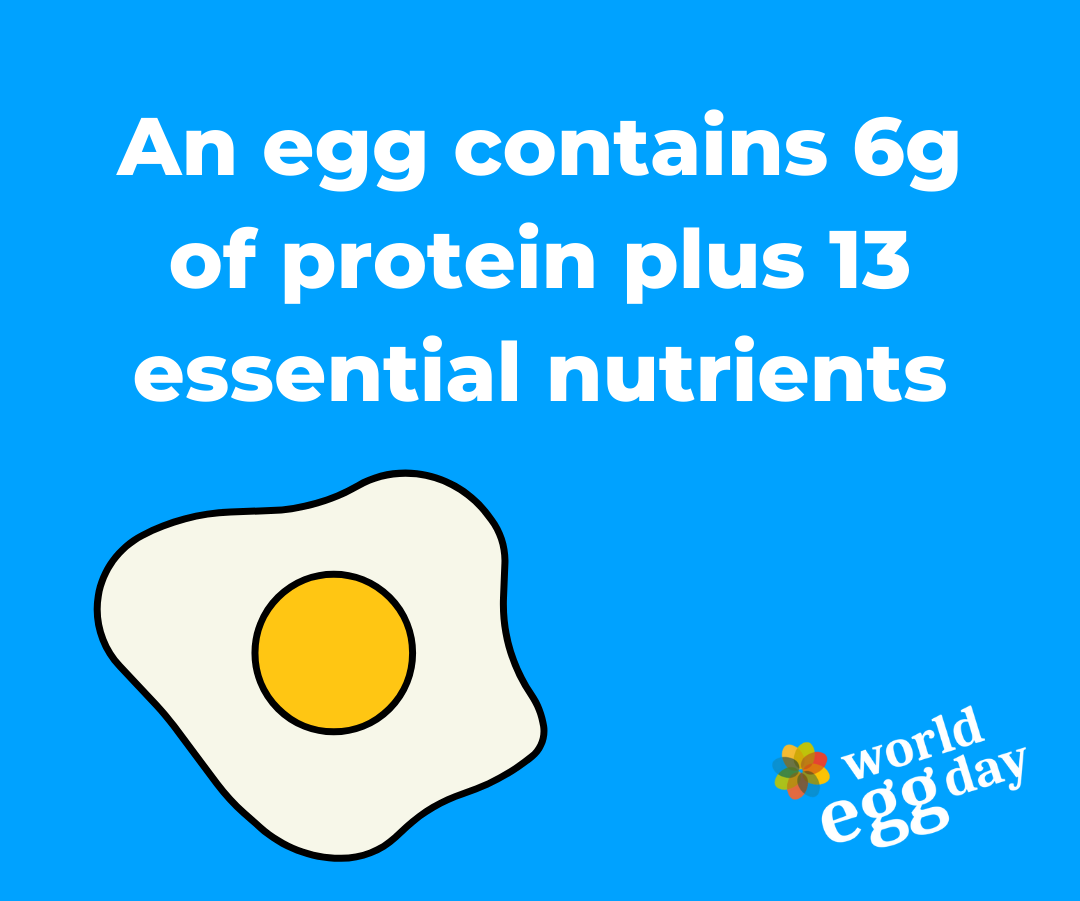Eggs, much more than the perfect protein
Eggs have been recognised as a protein powerhouse for many years as they contain the highest quality protein naturally available. However, the benefits of eating eggs are far more wide-ranging than protein alone, with eggs offering a healthy and sustainable source of essential nutrients needed for all stages of life.
Containing the majority of vitamins, minerals and antioxidants required by the human body, eggs are often referred to as nature’s ‘vitamin pill’, and for good reason. Eggs contain 13 essential nutrients, including vitamins A, B and E, as well as folate, iron and zinc.
Eggs provide one of the highest amounts of choline in any natural foods source, an often-under consumed but critical nutrient for neurocognitive development and health throughout the lifespan. This has resulted in eggs being recognised as an important food group, particularly for pregnant and lactating women, in many regions around the world.
Another essential nutrient which can be found in eggs is vitamin D, which is key to strengthening healthy bones and teeth. Around 1 billion people are estimated to have low vitamin D levels, and eggs are one of the few foods which naturally contain this essential nutrient.

However, it is not just the substantial health benefits that make eggs a great food choice to support healthy diets, eggs have notable sustainability credentials too making them a great choice to feed the growing global population.
Eggs are considered a low environmental impact protein source owing to new efficiencies and ongoing commitments made both on-farm and in the egg supply chain. They require very little water use, and the overall footprint of the egg has significantly reduced over the last 50 years.
Eggs are playing a significant role in the eradication of malnutrition around the world, thanks to their affordability combined with their nutrient density, helping to dramatically improve the health outcomes of children in nutritionally vulnerable areas.
The egg offers a host of unique benefits in our diets and plays a valuable role in supporting the growing global population. Help to honour the multitude of benefits eggs provide by celebrating World Egg Day on Friday 9 October 2020.
